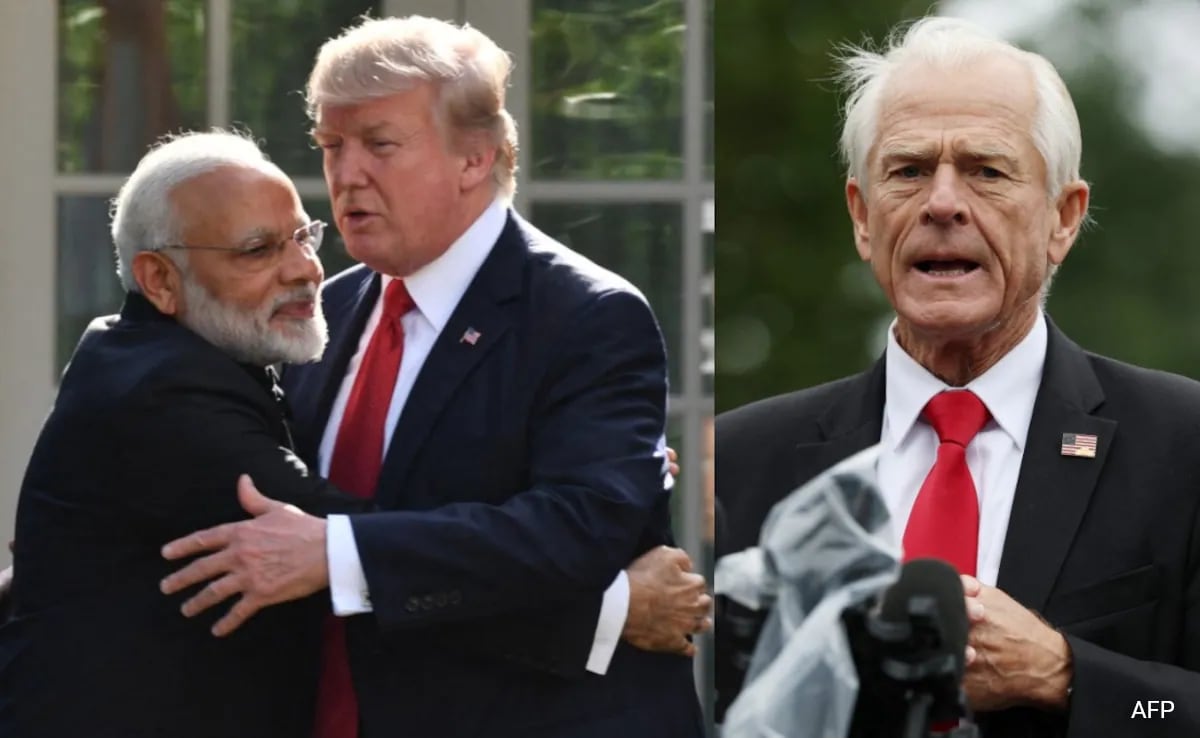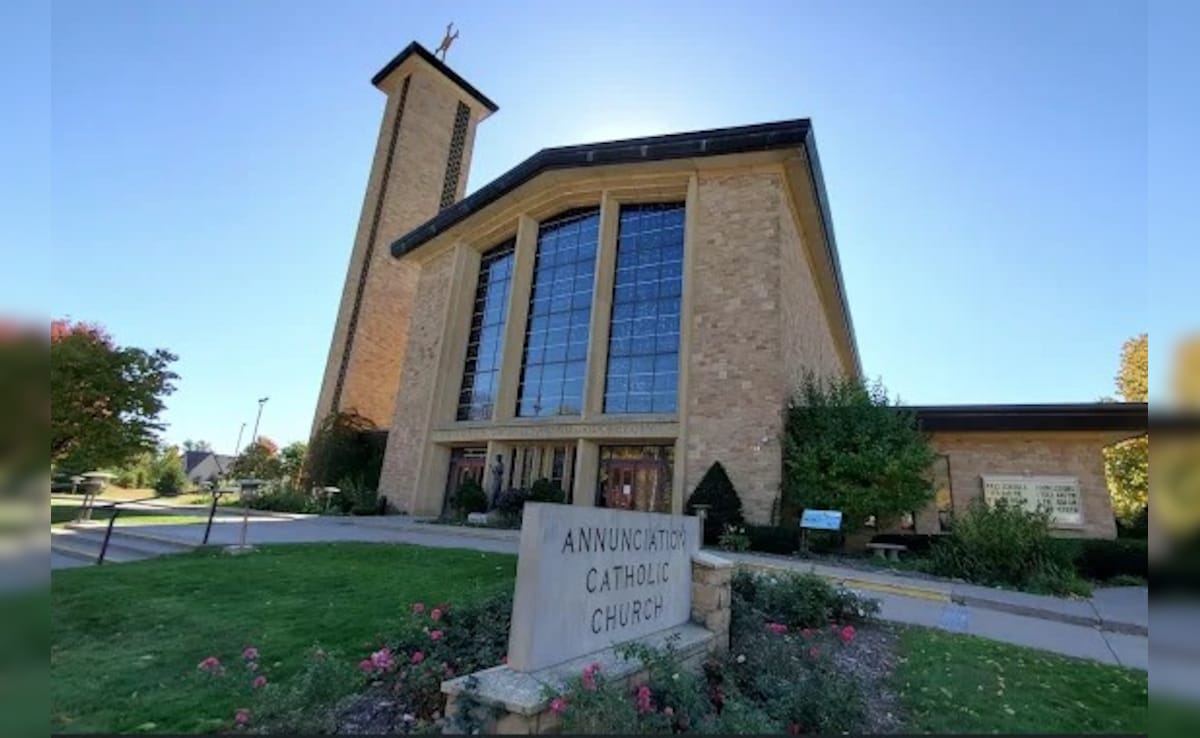Polish authorities used water cannons to push back the migrants, an escalation they said was overseen by Belarusian forces.
Videos posted by Poland’s Ministry of National Defense showed migrants on the Belarusian side hurling stones. Some migrants pulled aside barriers as Polish authorities played warnings that “force may be used” over loudspeakers.
The ministry said that migrants had also been given stun grenades to throw at border guards by Belarusian forces.
State-owned news agency BelTA reported that more than 1,000 migrants spent the night at a logistics hub near the Kuznica border crossing. Videos posted to social media showed the people getting mats to line across the concrete flooring. Other images showed some sleeping with their coats draped over them.
It was unclear what comes next for the migrants and if Belarusian authorities plan to bus them back to the border in the coming days. Iraq’s Foreign Ministry spokesman, Ahmed al-Sahaf, told Iraqi media this week that the country “will carry out a first flight Thursday for those who wish to return” from Belarus “voluntarily.”
Attempts at a diplomatic resolution have ramped up. The European Union on Monday agreed to impose new sanctions against Belarus, which it accuses of using vulnerable refugees and migrants to launch a “hybrid attack” on its borders since summer.
E.U. sanctions came after the it said Lukashenko — often called Europe’s last dictator by foes — orchestrated the audacious diversion of a Ryanair plane in May to detain a Belarusian journalist. Belarusian officials were also sanctioned last year for a crackdown on peaceful protesters after a presidential election in which Lukashenko claimed he swept to victory. The vote has been widely denounced as rigged.
In June, Lukashenko announced that Belarus would stop policing its borders with the European Union. Many air links between Middle East and Minsk have now either been suspended or are not carrying passengers who are citizens of some Middle Eastern countries.
In what some analysts saw as a small victory for Lukashenko, he spoke by phone with German Chancellor Angela Merkel on Monday, marking the first time a Western leader has had direct dialogue with Lukashenko since his disputed reelection last year.
In the past, Western leaders, including Merkel, have spoken to Russian President Vladimir Putin, Lukashenko’s biggest backer, in attempts to ease the crisis.
Estonia Foreign Minister Eva-Maria Liimets told Estonian television on Tuesday that Lukashenko “wants the sanctions to be stopped, [and] to be recognized as head of state.”
Kremlin spokesman Dmitry Peskov that “the establishment of direct contact between E.U. representatives and the Belarusian leadership is very important. This is vital.”
Thousands of migrants are estimated to be trapped on the border. Those that make it across into Poland and are caught are often deported even if they claim asylum, a practice legalized by Poland last month even though it runs contrary to international law.
That means that migrants can be trapped and pushed back and forth between the two countries for weeks, during which time they say they have little access to food and water. Polish police said they found the body of a young Syrian man in the woods near the border last week.
Loveday Morris in Berlin contributed to this report.
.png)











 English (United States) ·
English (United States) ·  Turkish (Turkey) ·
Turkish (Turkey) ·